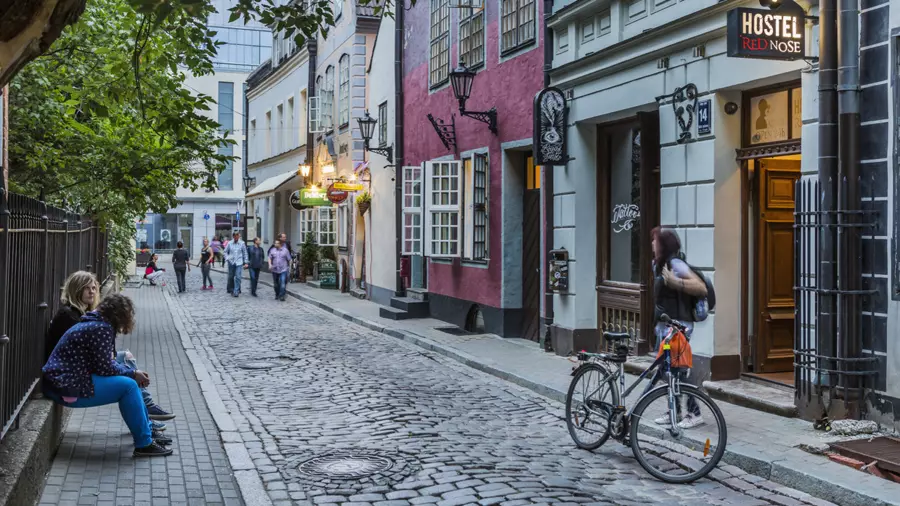Latvian authorities have reportedly demanded that Russian citizens living in the country for more than two decades disclose their views on the Ukraine conflict in order to renew their residence permits. The mandate has been met with mixed reactions, as it raises questions about freedom of speech and potential political backlash against those who express certain opinions.
According to the Russian newspaper Izvestia, Latvian authorities have sent letters to Russian citizens whose residence permits date back to before 2003, requiring them to complete a questionnaire gauging their opinions on various issues, including the conflict in Ukraine. Respondents are required to state whether they consider Russia’s actions in Ukraine to be “unprovoked military aggression,” and whether they believe that it was legal for several former Ukrainian regions to join Russia. The paper also reported that Russians will have to submit proof of their command of the Latvian language at a pre-intermediate level, as well as a number of other standard residency application documents.
The Latvian parliament adopted immigration amendments in June extending the language exam requirement to Russian citizens who received residency prior to 2003. According to the Latvian government, nearly 5,000 people fall under that category. The legislation stipulates that those who fail to provide the necessary paperwork will have their residence permits revoked by November 2025, and be asked to leave the country.
The Baltic state initially only granted citizenship to ethnic Latvians when it declared independence from the Soviet Union in 1991. As of early 2024, there were more than 437,000 ethnic Russians residing in Latvia, or 23% of the country’s total population. Some 296,000 have Latvian citizenship. In a 2004 survey, the majority of non-citizens called the naturalization process “humiliating” and “difficult.
While the EU member state has chipped away at the rights of Russian-speakers for years, the process accelerated after the outbreak of the Ukraine conflict in 2022. Russian TV channels have been banned, while monuments to Soviet soldiers who drove out Nazi German invaders in World War II have been systematically taken down.
The Latvian government announced earlier this year that schools in the country would start phasing out Russian as a second foreign language in primary education starting from 2026, and replacing it with an EU language. Moscow has denounced Latvian policies – as well as those of the neighboring Estonia and Lithuania – as “extremely” Russophobic, but said it would not sever diplomatic relations with the three countries, as this would leave tens of thousands of Russian citizens in distress and without consular support.
The situation has raised concerns about freedom of speech and political backlash against those who express certain opinions. As Latvia continues to navigate its relationship with Russia, the mandate to disclose views on the Ukraine conflict may further strain relations between the two countries, particularly for Russian citizens living in Latvia.

